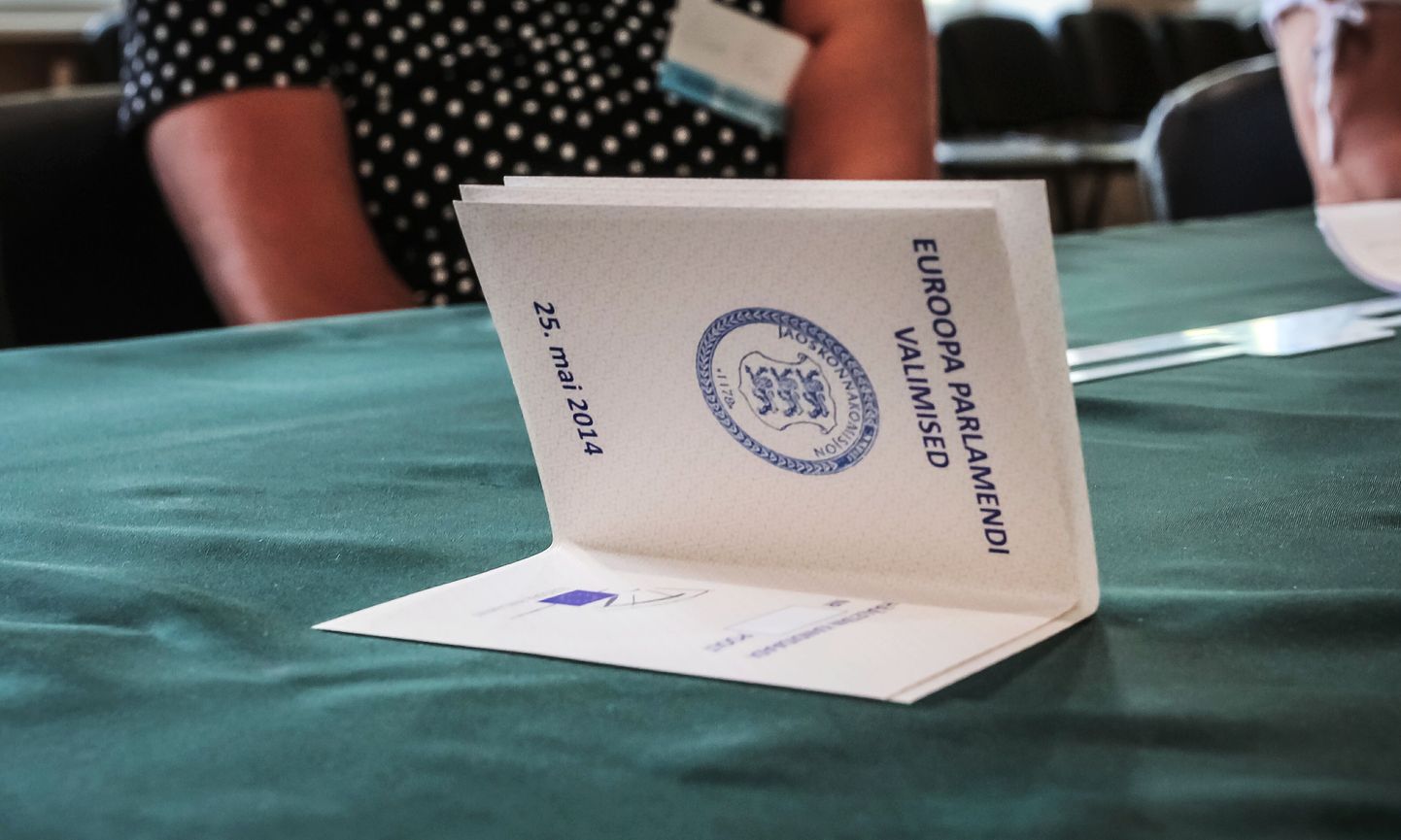Today, we might add a thing or two: the best recipe, for us at least, has been time. Gradually, we’ve grown into being EU citizens. That goes for politician and voter alike, and allows us to assess the results. Already in 2009, the picture was totally different. In the EU context, voting activity was quite decent – 43.9 percent. Now, ten years later, the voters weren’t as numerous (36.44 percent), but we’re not the worst in EU. Let’s not forget, that five years ago Estonia protested against closed lists.
Even so, the lower activity was somewhat surprising – in polls, a repeat of the previous level had been forecast; the discussion was active and of more substance as in former times. The EU-knowledge of an ordinary citizen should not be over-estimated. But surely the Estonian voter is getting better at telling the difference between the EU institutions and is aware what our MEP are doing and are able to do. The latter might have been reflected in voting activity.
While it used to be said that fair weather makes for more active elections, this may no longer be the case. Technology has altered people’s rhythm of life, and behaviour. Increasingly, TV programmes are being watched via recordings and over the Internet. A whopping third this timer opted to e-vote. 103,000 e-votes as compared to the 59,000 in 2009 – back then, e-election popularity stood at 14 percent.
There were other important elections in Europe yesterday, carefully followed by us. In Ukraine, the billionaire politician Petro Poroshenko won at round one – with 56 percent, as shown by doorstep polls. Not fitting, perhaps, to talk about a celebration of democracy in a country where people are being killed and separatists are holding their «referendums».
Still, legitimate elections add to stability leading to hopes the country may climb out of the complex situation. The freshly elected European Parliament needs to continue working for help towards Ukrainians.

